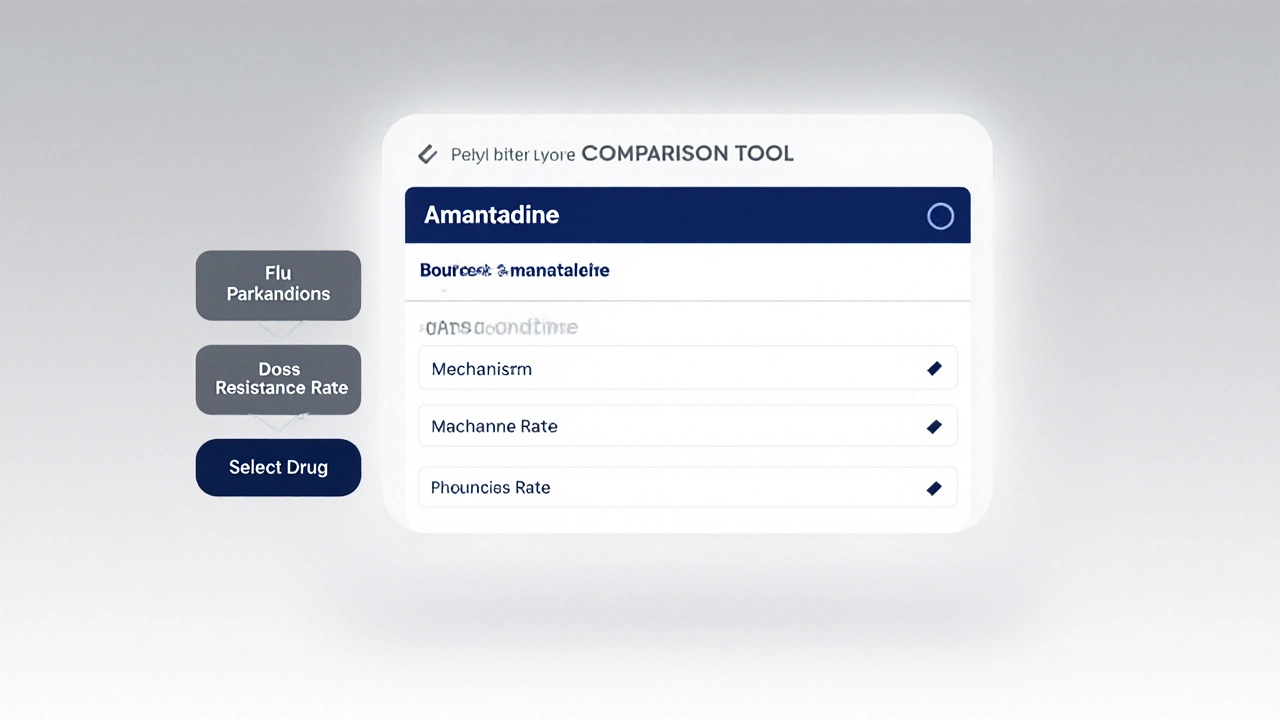Drug Comparison: Find the Right Medication for Your Needs
When you’re choosing a medication, it’s not just about what your doctor prescribes—it’s about what drug comparison, the process of evaluating different medications to find the best fit for your health needs. Also known as medication comparison, it helps you understand why one drug might work better than another for your body, lifestyle, or budget. Whether you’re dealing with a skin infection, erectile dysfunction, or chronic pain, not all drugs are created equal. A simple switch from one antibiotic to another can mean fewer side effects, faster recovery, or lower cost. That’s why people are turning to direct comparisons instead of just trusting brand names.
Take antibiotic alternatives, different antibiotics used to treat similar infections, each with unique strengths and risks. For example, cefadroxil and cefprozil both treat skin and sinus infections, but one might be gentler on your stomach or less likely to cause resistance. Bactrim and ampicillin are both used for bacterial infections, but they work differently in people with weakened immune systems. These aren’t just technical details—they affect how you feel day to day. Then there’s ED medications, oral treatments for erectile dysfunction that vary in speed, duration, and side effects. Levitra, Vilitra, Apcalis SX, Viagra, and Cialis all contain similar active ingredients, but their onset times, how long they last, and how they interact with food can make one far more practical for your life than another. You don’t need to guess—you can compare them side by side.
And it’s not just about antibiotics or ED drugs. NSAID comparison, evaluating nonsteroidal anti-inflammatory drugs like Mobic, aceclofenac, and Tylenol for pain and inflammation reveals big differences too. Mobic lasts longer than ibuprofen but carries higher heart risks. Tylenol is safer for your stomach but doesn’t reduce swelling. Even liver disease treatment, medications like ursodeoxycholic acid used to manage conditions like primary biliary cholangitis have alternatives that work better for certain patients based on liver function or other meds they’re taking. These aren’t abstract medical concepts—they’re real choices that change how you live.
You’ll find posts here that break down exactly how these drugs stack up: which ones kick in faster, which cause more fatigue, which are cheaper generics, and which ones you should avoid if you’re on other medications. No fluff. No marketing. Just straight facts from real patient experiences and clinical data. Whether you’re trying to manage post-surgery pain, fight a stubborn infection, or find an affordable ED treatment, the right comparison can save you time, money, and discomfort. Below, you’ll see detailed side-by-side analyses of the most common drugs people actually use—so you can make smarter decisions without needing a medical degree.
A detailed side‑by‑side look at amantadine, its uses, and how it stacks up against rimantadine, oseltamivir, zanamivir, and memantine for flu and neurological conditions.

